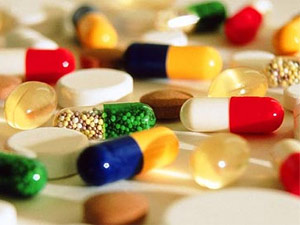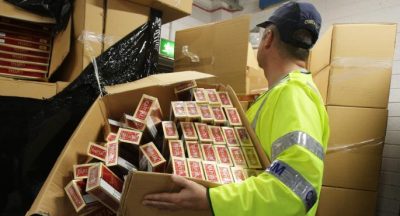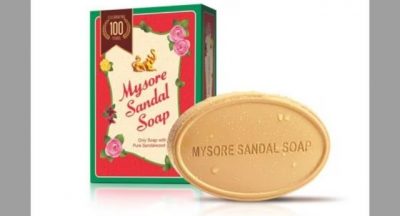
Ghanaian firms marketing fake drugs from India?
At a time the Indian pharmaceutical industry is attempting to brand itself to counter allegations of exporting counterfeit drugs, Ghana’s Food and Drugs Authority (FDA) has accused three local companies of distributing fake drugs from India. The clampdown on the three companies came just days after 62 companies, under the umbrella of India’s Pharmaceuticals Export Promotion Council (Pharmexcil), ended an exhibition in neighbouring Nigeria. The exhibition, Pharmexcil said in a statement, was intended to “live up to the challenges of increasing market share in existing and new markets and countering the negative publicity in some countries by vested interests”. In addition to increasing its market share, Pharmexcil is also engaged in a Brand India Pharma Campaign with the key objective to raise the awareness of Indian pharma’s success story and “to create awareness that Indian generics are not counterfeits and are bonafide”.” Additionally, the campaign is meant to shield the industry from dubious allegations by vested interests to pave way to “position India as the global pharmacy of the world”. It was in line with this that the exhibition was held in Nigeria March 7-8. Pharmexcil said the exhibition, the third to be held, provided Indian companies the opportunity to showcase “India’s latest range of pharmaceuticals products including bulk drugs, formulations, biotech products and herbals.” The event, Pharmexcil said, also provided an opportunity to pharmaceutical stake-holders in Nigeria and in the neighbouring West African region to meet their Indian counterparts to discuss procurement, joint ventures, technology transfer and marketing tie-ups. The FDA accusation has thus come to destroy the clean image that Pharmexcil is trying to build. FDA said it had uncovered the widespread fraud by the three companies that has put the lives of millions at the risk of fatality by distributing fake and substandard medicines. Samples of the Ergometrine injection from India’s Ciron Drugs were found to be substandard as they contained no active pharmaceutical ingredients, FDA said. “Fake, substandard and contaminated imported Ergometrine injections when given to women will fail to control bleeding after child delivery and could result in death,” it said. Though hospitals were not able to provide any information on the number of women and perhaps deaths this has caused, health workers told IANS that this is a real problem that has affected the country’s health delivery system. In the case of Nigeria, Pharmexcil said, it is working with the country’s National Agency for Food and Drug Administration and Control (NAFDAC) and other agencies to protect, promote and diversify the Nigerian pharmaceutical market. In line with this, the two countries signed a Memorandum of Understanding on cooperation in the pharmaceutical sector in March 2011 which have helped to intensify “collaboration to prevent anti-counterfeiting of Indian pharmaceuticals”. “Indian medicines have long been present in Nigeria and India has traditionally been the largest source of medicines to this country, supplying over a third of the market. Indian pharma products’ popularity is based on their efficacy and competitive prices,” Pharmexcil added. It said there are more than 30 Indian pharma companies located in Lagos alone and engaged in manufacturing and/or importing Indian products. By the end of March last year, India exported drugs, pharmaceuticals and fine chemicals to Nigeria worth $307.60 million, a significant growth of 37 percent over the previous year. Pharmexcil says India is the world’s third largest producer of pharmaceuticals by volume with an annual turnover estimated at over $20 billion in domestic prices, which are significantly lower than global prices. “With the industry growing at 13 percent annually, the turnover is expected to grow five-fold by 2020,” it added. It said India’s global pharma exports are expected to be around $14 billion in the year ending March 31 2013, up nearly 25 percent over last year, adding: “While the Indian pharmaceutical industry is famous for generics, it is also making fast inroads into branded products, especially in biotechnology.”
Related Posts
Destroying illicit goods cost Revenue more than €170,000.
The Revenue Commissioners has spent more than €170,000 shredding illegal...
Fake Mysore Sandal soap racket cost them Rs 600 crore, suspects KSDL
Last week, the Hyderabad police arrested Rakesh Jain and Mahaveer Jain for...
Gold worth ₹16.21 lakh seized at Mangaluru Airport
Customs officials at the Mangaluru International Airport (MIA) have seized gold...
Fake product imports account for 2.5 pc of global trade: OECD
Global import of counterfeit and pirated goods are worth 461 billion dollars or...





